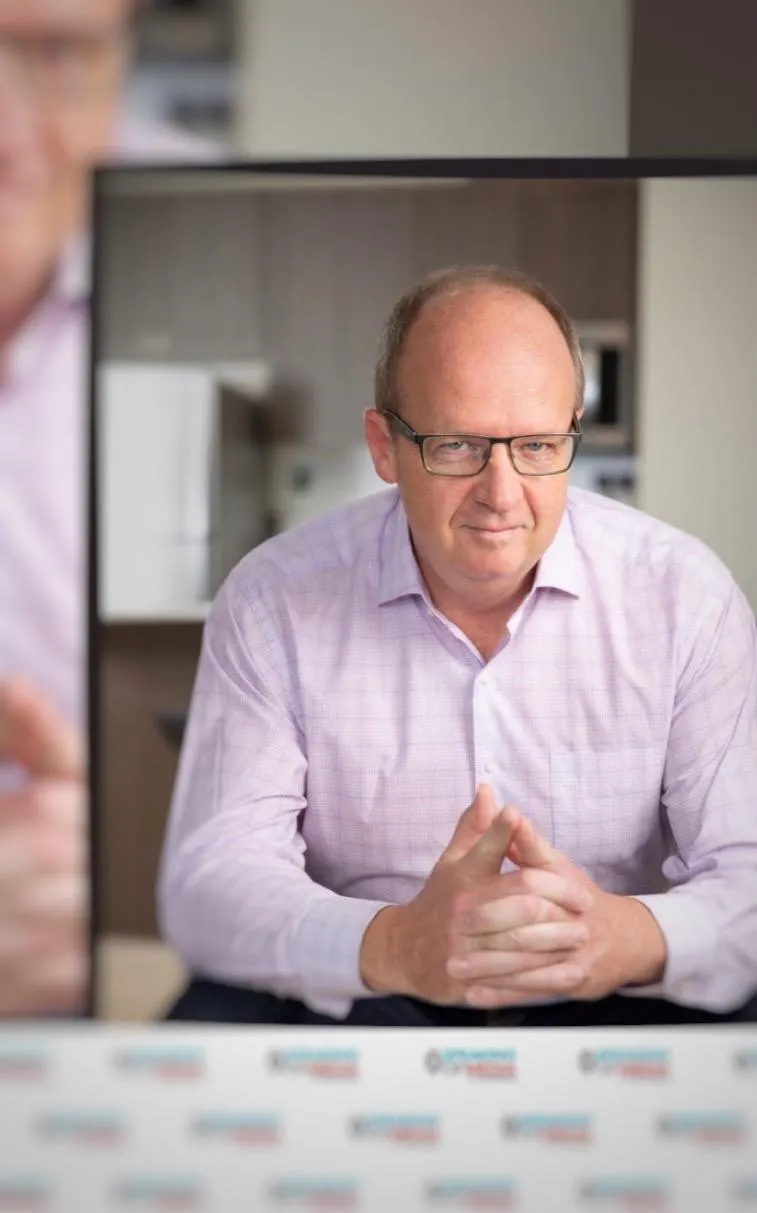
Before You Tell Your Story, Ask Why You’re Telling It — And Who You’re Telling It To
Before You Tell Your Story, Ask Why You’re Telling It — And Who You’re Telling It To
As someone who has spent a career in media relations, crisis communications, and corporate storytelling, I’ve learned that how a message is crafted matters — but why it’s being shared matters even more.
Whether it’s a media outlet chasing a headline or an individual desperate to clear their name, motives shape messages. They influence tone, timing, and even the willingness to own up to uncomfortable truths. That’s why, as an independent communications professional, I’ve developed a gut-level filter when deciding who I work with and how I help them tell their story.
Sometimes, that discernment has cost me business. But I’ve never regretted walking away from a project where the motives didn’t sit right. Because I don’t just “spin” stories — I help people make sense of their story in a way that’s honest, persuasive, and grounded in their own values. And I can only do that when the reason behind the message resonates with me.
⸻
Why Motive Matters in Media Messaging
Whether you’re an executive, spokesperson, or private individual facing public scrutiny, your reason for speaking up should be crystal clear — to you, and to your audience. Are you trying to correct misinformation? Build back trust? Share a cautionary tale?
Too often, people rush into the spotlight without examining the real intention behind the message. That’s when communications fall flat — or worse, backfire.
Here’s what I’ve learned:
•Messages rooted in vengeance or deflection rarely land well. They feel defensive and brittle. Audiences can tell when someone’s talking at them instead of with them.
•Transparency builds trust — even when the truth is messy. People respond to honesty. Owning your part of a narrative, even if it’s uncomfortable, often earns more goodwill than a slick defense ever could.
•Timing is everything. Speaking too soon — or too late — can shape the entire perception of your story. A communications strategy must account for the rhythm of public attention, media cycles, and your own emotional readiness.
⸻
The Role I Play: More Advisor Than Mouthpiece
Sometimes, I feel less like a media consultant and more like a lawyer — not because I’m defending someone in court, but because I’m helping them navigate a high-stakes situation where reputation, perception, and pressure collide.
My job is not to say what someone wants to hear. It’s to uncover what needs to be said — and how to say it with clarity, confidence, and conscience.
When I do take on a client, here’s how I support them:
•Story mining: I work with clients to articulate their message clearly and authentically. We separate emotion from facts and find the throughline that connects with audiences.
•Media training and prep: Whether it’s a press conference or a sit-down interview, I prepare clients for tough questions and unpredictable dynamics.
•Crisis navigation: For individuals or organizations in a reputational storm, I offer strategic counsel and rapid-response messaging that balances empathy and accountability.
•Platform strategy: Not every story belongs on every channel. I help determine when, where, and how to share a message — whether it’s through a statement, a post, a video, or a trusted third party.
⸻
If You Have a Story to Tell, Let’s Make It Count
You don’t need a PR firm on retainer or a team of spin doctors. What you do need is someone who understands both the mechanics and the meaning behind your message.
If you’re facing a reputational challenge, trying to right a wrong, or simply want to make sure your message gets heard in the right way — I can help.
Visit www.speakingofmedia.com to learn more about how I work with individuals and organizations to craft strategic, powerful, and responsible communications that resonate.
Because the truth is: stories don’t just tell themselves — and the “why” behind them can change everything.
#MediaTraining #MediaRelations #Spokesperson #CommunicationPractice #ReputationManagement #PRTips #SpeakingMedia #Authenticity
